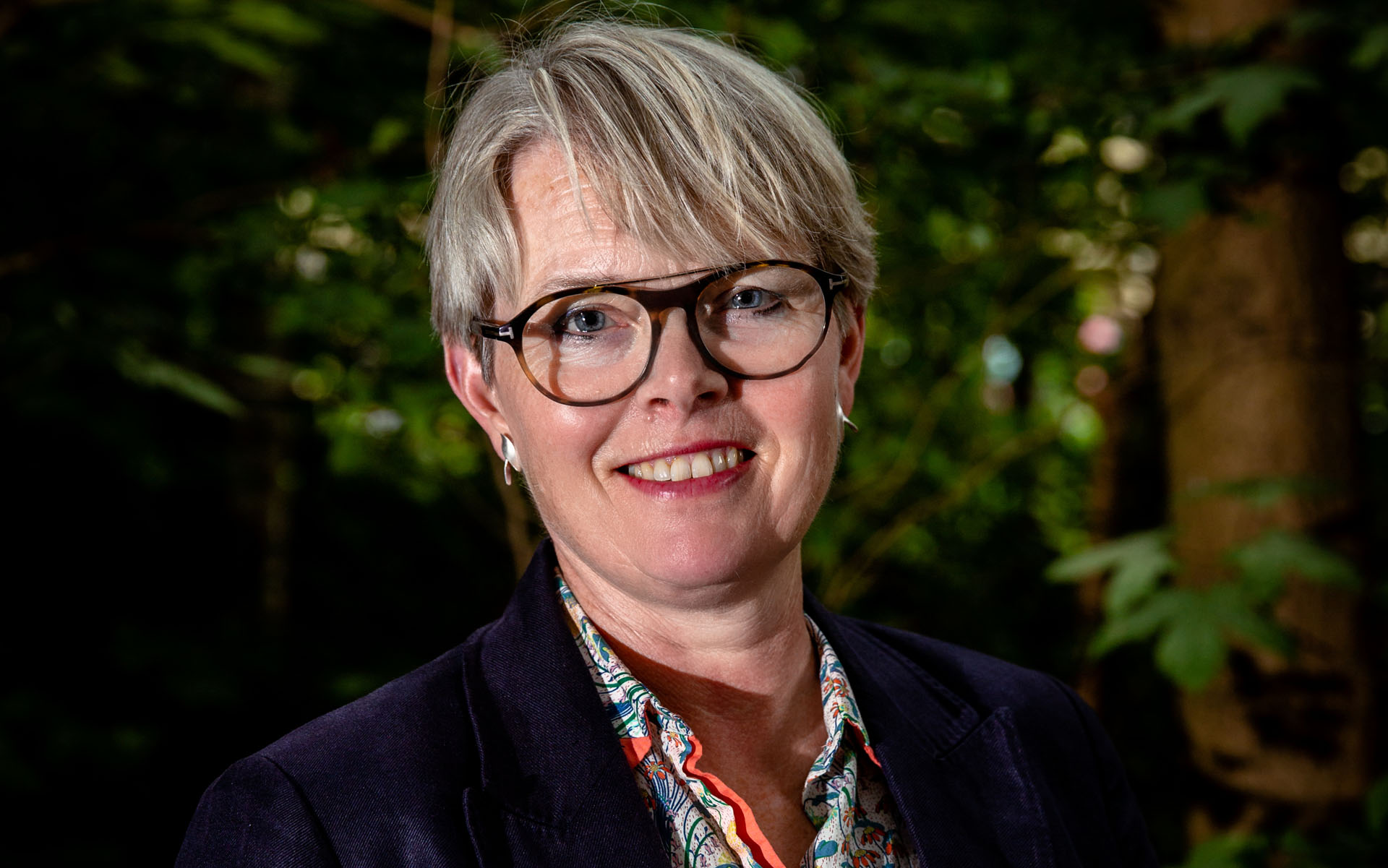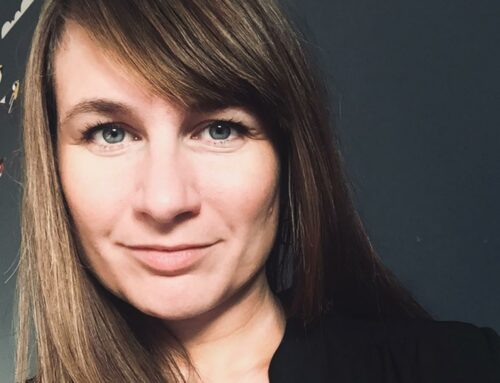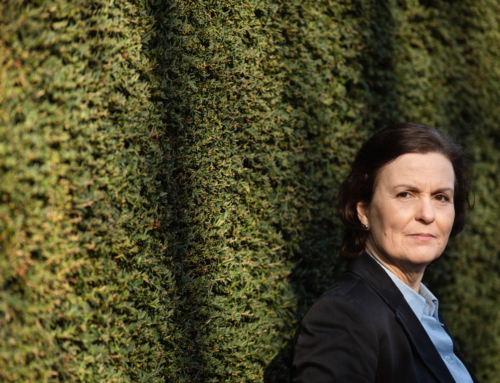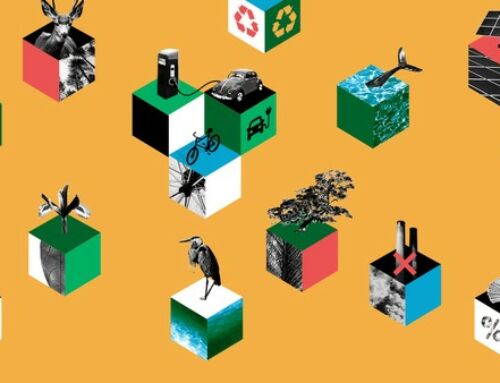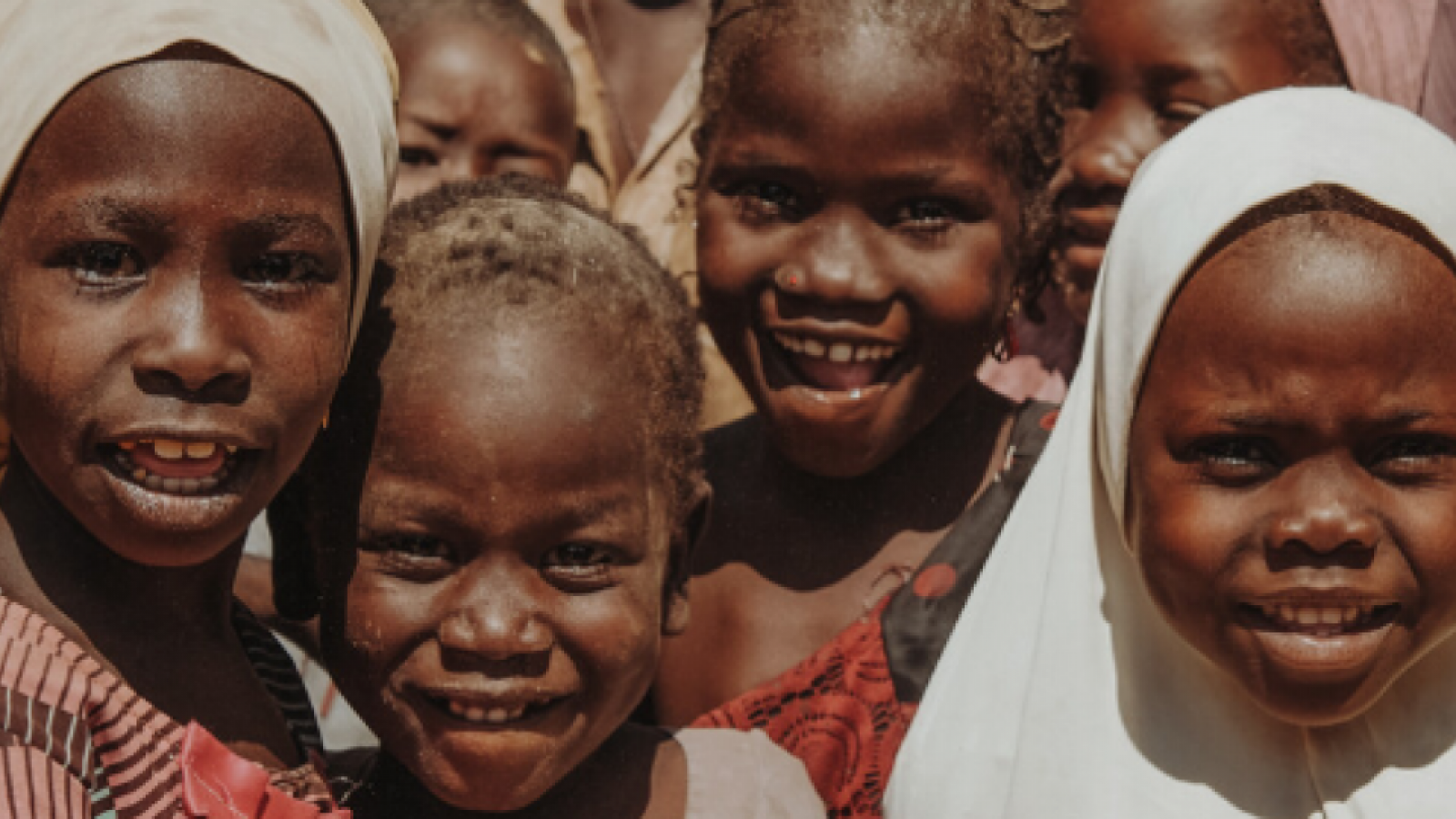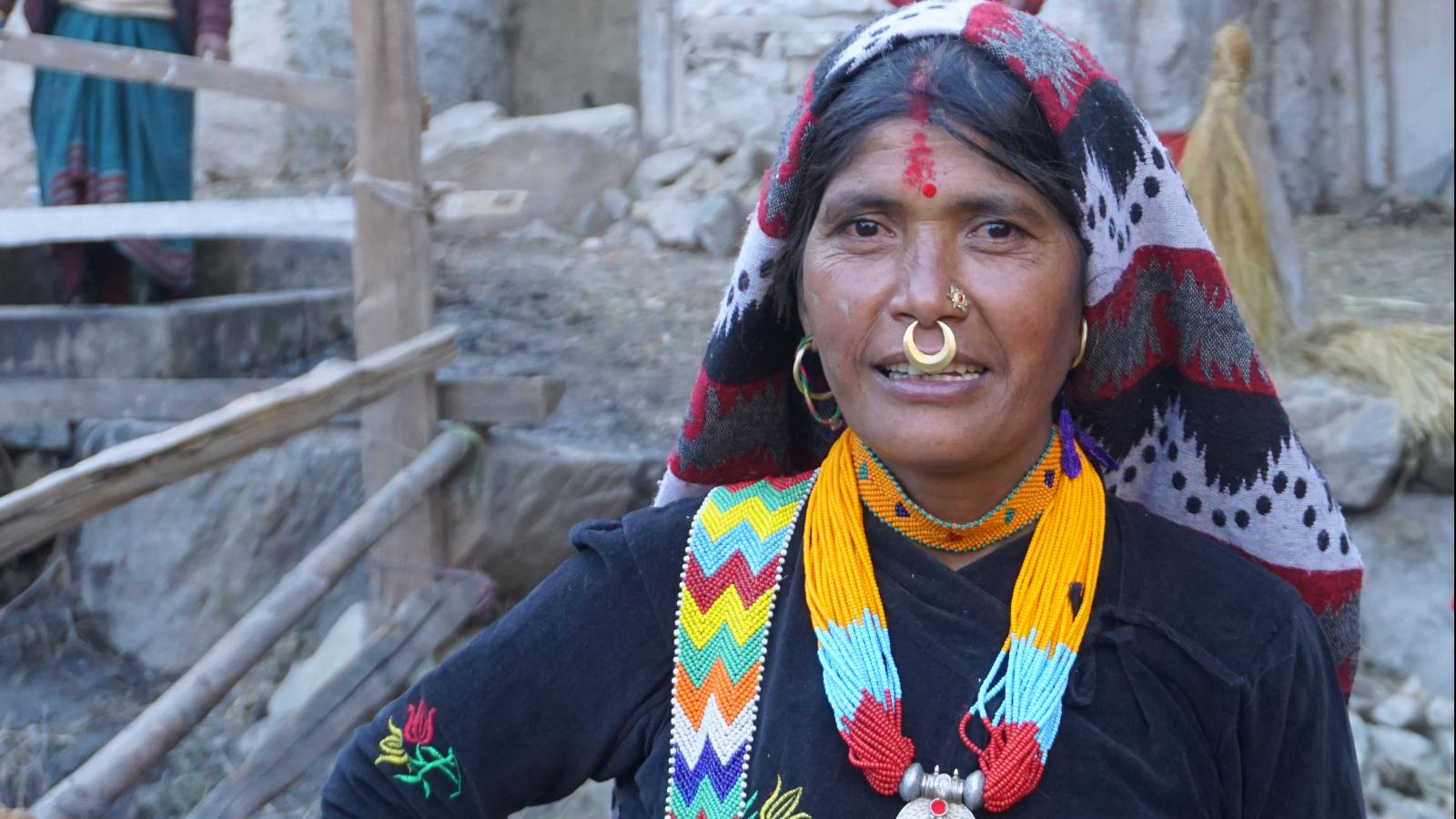The Corona pandemic has taught us the importance of local staff, local partners and equipping locals to mitigate disasters. Everything that Mission East is good at, says futurist Marianne Levinsen.
– The expertise you have gained in disaster areas, you can now transfer to other countries in need, she adds.
Marianne Levinsen has a Master in Science and Politics and works at Center for Futures Studies I Denmark. She studies megatrends in i.a. globalization, business, local and regional development, labor market and management.
“The Corona crisis has taught us how important it is to be able to cope with problems in local communities.”
We ask her what she sees in the crystal ball for relief work in 2021?
– Help for self-help is becoming more important than ever. The Corona crisis has taught us how important it is to be able to cope with problems in local communities. For one cannot be dependent on the rest of the world.
– Like many other organizations, you will think: Should we use our experiences from other places, for example from the countries where we work with emergency aid to ensure shelter and food supply?
2021 will be a year of reflection on how we can continue to provide help without traveling out, she believes:
– We must further strengthen local preparedness, local contacts and the direct money transfer in secure systems. Contingency safety is paramount for an aid organization like yours. They are vulnerable at a high level out there, states Marianne Levinsen.
“It is in your DNA that you have to find out how you organize things when something very extreme has happened.”
Mission East is better equipped in times of crisis than others, she believes:
– It is in your DNA that you have to find out how you organize things when something very extreme has happened, where the normal conditions have been knocked out. Here I could get knowledge from you on how to do!
There are a lot of people who should listen up to this crisis, says Marianne Levinsen.
“You can use what you are good at, namely to act in disaster situations and follow up with the development.”
– Either you can lie down and die over the spread of infection, or you can try to look at what else you can do. I am reasonably confident in relation to you! You are used to acting in disaster situations. But that does not mean it is simple.
– You can use what you are good at, namely to act in disaster situations and follow up with the development of local communities. This is something you have been working on for many years: to have an eye for the long-term perspective. Also the cumbersome look for where we would like to go and what we would like to have established. Here you have some competencies that many others do not necessarily have, says Marianne Levinsen.

